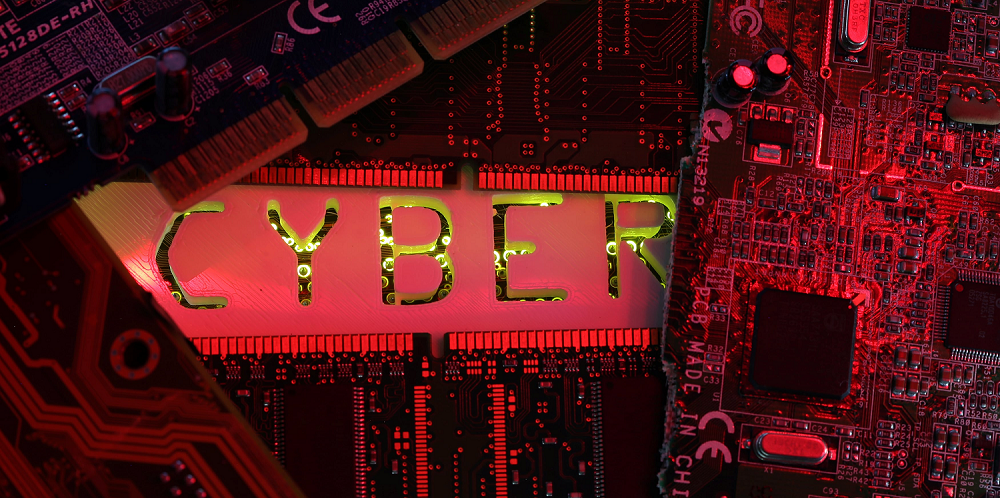
Cybercrime: it's not yet time to let your guard down
Cybercrime and the coronavirus pandemic make a nice pair to cause maximum harm.
Currently it is millions of malicious computer programs that are on the lookout ready to infect any device used by an unsuspecting person. With the fear generated by the pandemic, the actors of cyber malice are not only multiplied but also have to become more effective. This is undoubtedly a joy for cyber criminals.
This article will also interest you: The coronavirus: the lure of choice for hackers
The messages that attract users to come and learn about the evolution of the disease are probably an example not to be overlooked because this is what is much more used today by hackers to manipulate users behind their screens. This trap does not seem obvious because, many people are trying to really find out what is going on. Anxiety and often lack of information make vulnerable those people who offer themselves free of charge to these hackers who strip them of their personal data.
It should simply be noted that cyber criminals will hide behind the majority of the information, correspondence and publications you receive in private. Especially when you are prompted to click on any link. Vigilance is therefore required and we must not let our guard down at any time. Because behind every link you receive, there is potentially a scam. "The trick is not new. Hackers rely on current events and play on fear in an attempt to infect computers. In times of stress such as the one we are currently going through, it is all the easier," noted the head of the Preverenges-based SCRT company (a company that oversted the Postal Service's challenge to hackers, which involved hacking into the electronic voting system last year) and specialized in auditing and computer security, Sergio Alves Domingues.
If phishing is not something new, because that is what it is about here, the fact remains that this phenomenon is gaining in intensity. Probably because of recent successes. In Switzerland, for example, the Information Security Registration and Analysis Centre, which is a government agency, said it had noticed a strong trend in this area. The Federal Monitoring Agency has observed nearly 160 areas related to the coronavirus pandemic. According to her, among the websites that have been duplicated by cyber criminals will be that of the Federal Office of Public Health. The goal of cyber criminals at this level had been to spread a virus called "Agent Tesla"." the process was classic because they simply falsified several electronic matches. But the public health agency immediately warned the public to ignore the emails it was receiving on its behalf. The motto is not to click on a link regardless of the importance affirmed by the message. This would simply have allowed the cyber-caregivers in this context, thanks to the "Tesla agent" to control the terminal the people who have been infected. "The risks range from computer infection to data theft to the famous ransomware, which forces the victim to go to the cash register to regain access to his computer," says Sergio Alves Domingues.
In addition, another phenomenon aggravated the explosion of phishing and which unfortunately facilitated several blows. These include remote work, a phenomenon that has become widespread because of the general containment adopted by the majority of governments to control the disease. Unfortunately, this has also allowed hackers to expand their actions through the massive use of the Internet in the professional or corporate framework. The consequences are worrying. Our specialist also pointed out: "The fact that a large number of people work from home obviously plays a role. In business, networks and the IT environment protect employees. At home, these security solutions are much less robust. Since telework was decided in a very short period of time, it is not certain that all IT solutions have been put in place. Large companies have procedures for this type of case, business continuity plans (ACPs) that provide steps to follow and actions to be taken to ensure that the business works smoothly in the event of a major disaster. , like fires. But this is by far not the case everywhere. Solange Ghernaouti, Professor of Cybersecurity at HEC Lausanne, also confirms this.
She notes that for cyber criminals, the sudden shift from one to telecommuting was like a jackpot. Because apart from large companies that already have a certain organization to ensure their safety at a minimum, small and medium-sized enterprises on their side have unfortunately not been reactive enough. And in a hurry, several vulnerabilities were exposed. Hackers are not going to deprive themselves to take advantage of it. This is why the professor takes the opportunity to challenge these companies about their investment in cybersecurity.
Now access an unlimited number of passwords:
